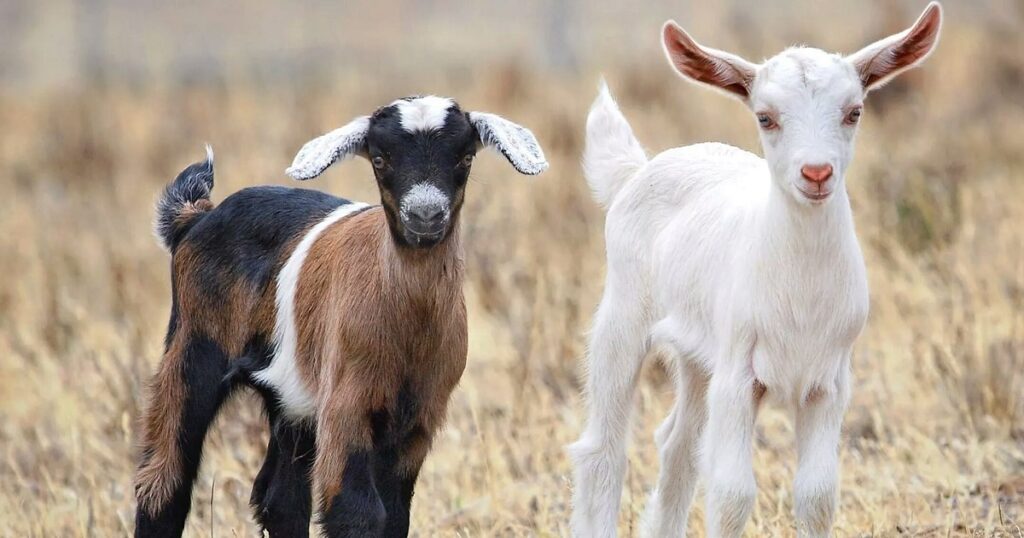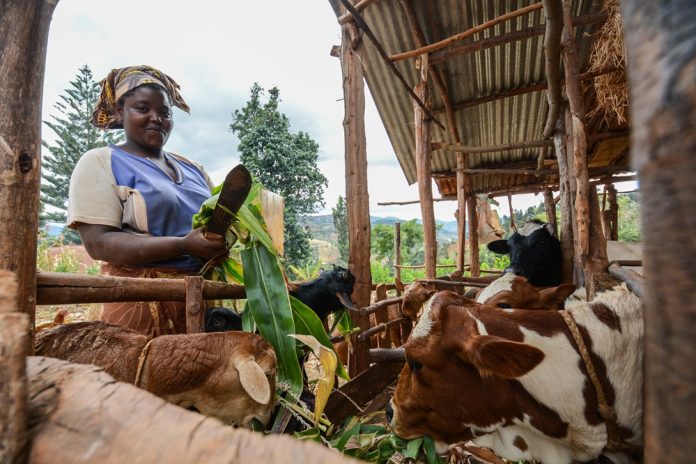Sustainable livestock production ensures food security, environmental protection, and African economic resilience. With the growing demand for meat, milk, and other animal products, adopting sustainable practices can help African farmers thrive while protecting the planet. Here are the top seven practices for sustainable livestock production tailored to Africa’s unique challenges and opportunities.
Rotational Grazing Systems
Rotational grazing involves dividing pastureland into sections and rotating livestock between them. This practice prevents overgrazing, promotes vegetation regrowth, and enhances soil health. Farmers can improve pasture quality and reduce the risk of land degradation by managing grazing patterns.
Read Also: 5 Approved Cassava Products Extremely Good As Livestock Feed
Feed Optimization
Providing high-quality, locally sourced feed reduces costs and environmental impacts. Farmers can incorporate crop residues, agro-industrial by-products, and forage crops into livestock diets. Additionally, adopting precision feeding techniques ensures animals receive the right nutrients, improving productivity while minimizing waste.
Water Conservation Practices
Water is essential for livestock production, yet many African regions face water scarcity. Farmers can use practices such as rainwater harvesting, efficient irrigation systems, and strategically placed watering points to optimize water usage and reduce wastage.
Manure Management
Proper manure management converts waste into valuable resources. Farmers can use manure as organic fertilizer to enrich the soil or process it in biodigesters to produce biogas for cooking and electricity. This reduces methane emissions and cuts down on chemical fertilizer costs.
Indigenous Breed Utilization
Indigenous livestock breeds are well-suited to Africa’s diverse climates and often require fewer resources than exotic breeds. They are more resilient to local diseases and harsh environmental conditions, making them a sustainable choice for smallholder farmers.

Integration of Livestock and Crop Farming
Integrating livestock with crop farming creates a symbiotic relationship where each system benefits the other. Livestock provide manure for crops, while crop residues serve as feed. This closed-loop system maximizes resource use and minimizes waste.
Use of Technology and Data-Driven Solutions
Technological innovations like mobile apps, GPS tracking, and IoT devices can revolutionize livestock management. These tools help farmers monitor herd health, optimize feed schedules, and track environmental conditions, leading to more efficient and sustainable operations.
Read Also: 5 Game-Changing Technologies Boosting Profitability in Agriculture
Conclusion
Sustainable livestock production is not just about protecting the environment; it’s about creating a resilient agricultural system that benefits farmers, communities, and consumers. By implementing these seven practices, African farmers can build a sustainable future for livestock farming while addressing climate change and food security challenges.


